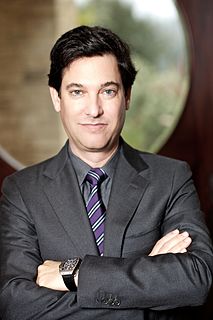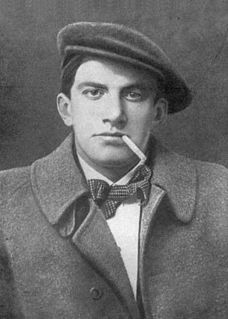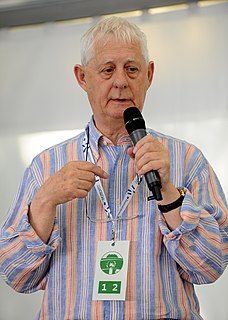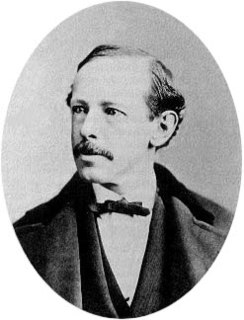A Quote by Robert Owen
Where are these rational practices to be taught and acquired? Not within the four walls of a bare building, in which formality predominates... But in the nursery, play-ground, fields, gardens, workshops, manufactures, museums and class-rooms. ...The facts collected from all these sources will be concentrated, explained, discussed, made obvious to all, and shown in their direct application to practice in all the business of life.
Related Quotes
The materialistic pattern of life is that where money predominates over everything. The non-materialistic life is that where money is just a means - happiness predominates, joy predominates; your own individuality predominates. You know who you are and where you are going, and you are not distracted. Then suddenly you will see your life has a meditative quality to it.
I did a series of classes in psychology (at the institute), .. The students that came to that class had children. And over a period of a few years, they decided they wanted a nursery school, a play group (to watch over their children while they were studying). So in one of the garages that was near where we were having the classes, we established a play group area and the students volunteered to supervise. That eventually led to building a state-licensed nursery school, which was approved by the California department of social welfare.
In 1967, in DeKalb v. DeSpain, a court (255 F.Supp. 655. N.D.Ill. 1966.) took a 4-line nursery rhyme used by a K-5 kindergarten class and declared the nursery rhyme unconstitutional. The court explained that although the word 'God' was not contained in this nursery rhyme, if someone were to hear the rhyme, he might think that it was talking about God - and that would be unconstitutional!
Now, if the Standard Oil Company were the only concern in the country guilty of the practices which have given it monopolistic power, this story never would have been written. Were it alone in these methods, public scorn would long ago have made short work of the Standard Oil Company. But it is simply the most conspicuous type of what can be done by these practices. The methods it employs with such acumen, persistency, and secrecy are employed by all sorts of business men, from corner grocers up to bankers. If exposed, they are excused on the ground that this is business.
Our practices - our most spiritual practices - are hanging laundry on the line, raising children, building strong relationships, practicing kindness as much as we can, striving for excellence in the workplace, and developing deeper self-knowledge. I wrote The Four Purposes of Life to assist in these endeavors.






































